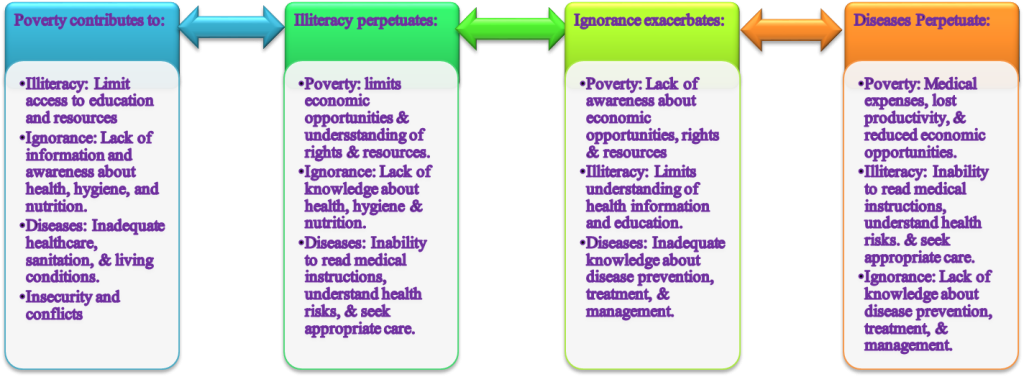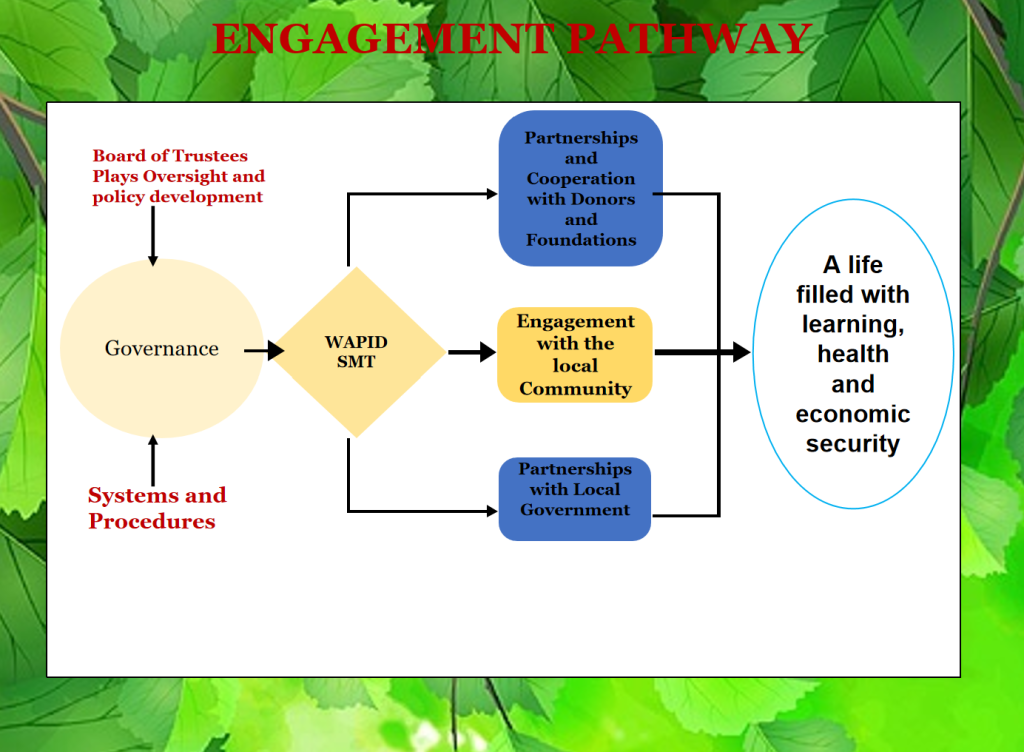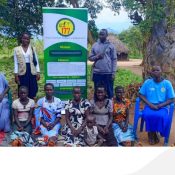WAPID South Sudan fights against poverty, illiteracy, ignorance, and diseases through interventions designed to break cycles of inter-generational poverty, empower communities and individuals with skills and knowledge, dismantle barriers of ignorance and illiteracy, and combat diseases. Our strategic approach is built on the philosophy of “Empowering Minds, Healing Lives, and Building Futures”, which puts vulnerable populations at the center of transformation and intervention.
Key Strategies
Poverty Reduction: Implementing initiatives that equip communities and individuals with skills and knowledge to rise above socioeconomic challenges.
Education and Literacy: Improving access to quality education, particularly for girls and marginalized groups, to reduce illiteracy rates and promote lifelong learning.
Healthcare: Providing healthcare services, health education, and disease prevention programs to combat the spread of diseases and promote healthy living.
Community Empowerment: Empowering communities to take ownership of their development and make informed decisions about their health, education, and economic well-being.
Implementation Approach
Community-Based Initiatives: Working with local communities to identify their needs and develop tailored interventions that address their specific challenges.
Capacity Building: Providing training and capacity-building programs for community members, healthcare workers, and educators to enhance their skills and knowledge.
Partnerships and Collaborations: Collaborating with other organizations, governments, and stakeholders to leverage resources, expertise, and funding to maximize impact.
Sustainable Development: Focusing on sustainable development solutions that promote long-term change and self-sufficiency, rather than short-term fixes.
Why this approach is very important
By adopting this approach, WAPID South Sudan aims to create a brighter future for vulnerable populations, particularly children, women, and marginalized groups, and contribute to the country’s development and stability.




